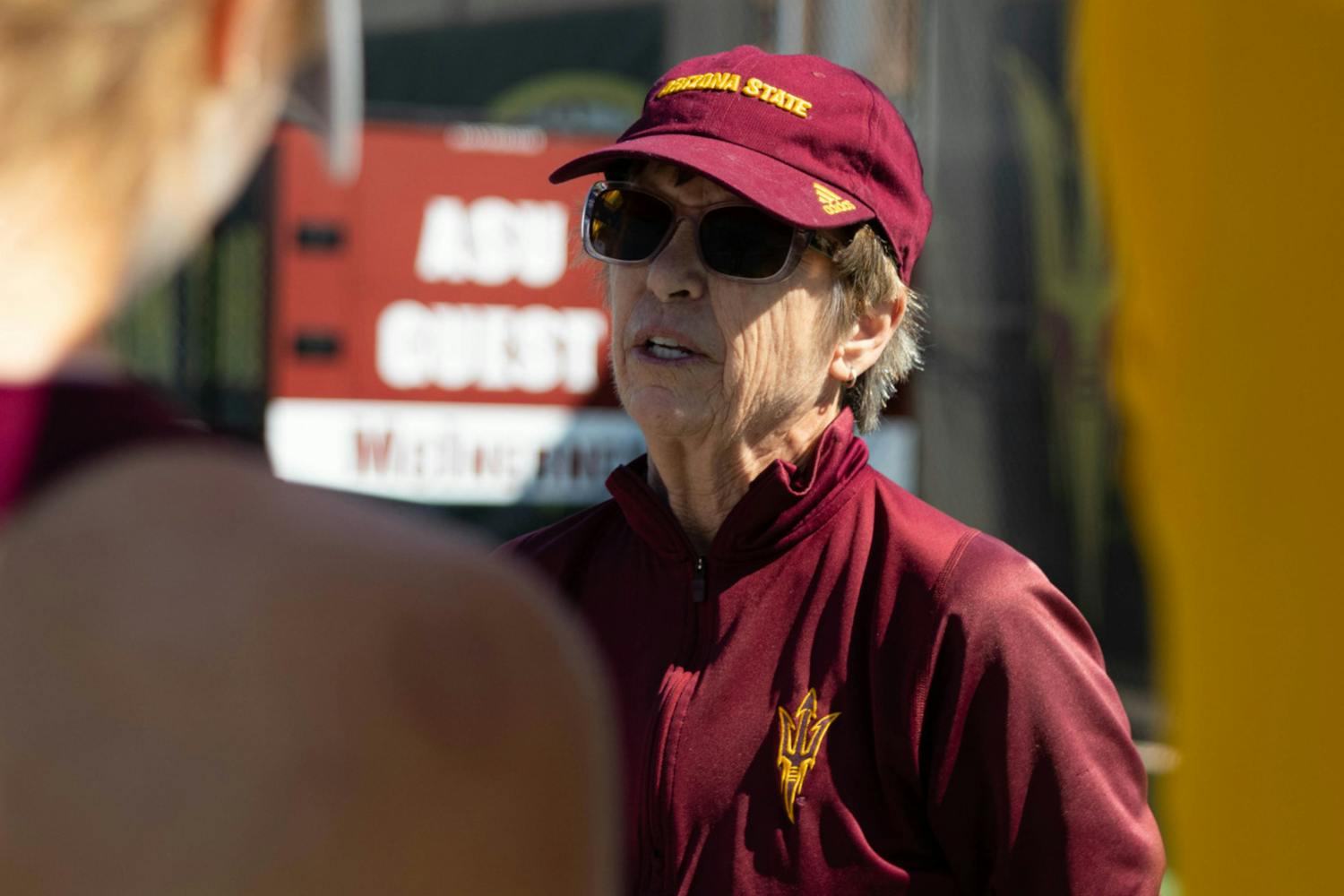There is an aspect of sports reporting that needs to stop.
This phenomenon in the world of sports is what I like to call a “gentlemen’s agreement.”
What is the gentlemen’s agreement?
It is an unwritten code between sports writers and athletes.
In this code, there is an agreement in which writers will turn a blind eye to certain knowledge in order to build a better, more trusting relationship with athletes, coaches and organizations.
Writers will either ignore information completely or not investigate enough on rumors, information or hunches that they have.
To an extent, there are instances when writers need to keep things to themselves, such as when an athlete gives information off the record. Or sometimes, a coach will tell a writer about a secret strategy he is going to implement in the upcoming game.
But for the stuff that is not "off the record" but never openly addressed, a writer has to say, "Forget the gentlemen's agreement!" They must think, "Who cares if the players do not like me for reporting this story?"
In recent history, there have been huge stories in the sports that have gotten national news attention.
Recently, it was found out that Notre Dame linebacker Manti Te’o’s girlfriend did not exist.
Locally, Fiesta Bowl officials were misusing funds from the bowl game.
And the sports world was shocked to hear of the atrocities that were going on at Penn State.
All these sports scandals were reported in the media, and none were first reported by sports journalists.
It took Deadspin a week to find all the falsities in the Te’o story.
The Fiesta Bowl debacle broke by investigative reporters at The Arizona Republic.
The world found out about the actions of Jerry Sandusky by a 22-year-old crime beat Pennsylvania reporter who was doing her normal day-to-day work.
My question is: Where were the sports beat reporters to break these stories and inform the public to what was really going on in the world of sports?
There is an argument that beat reporters are busy all the time covering games and practices, so they cannot research these type of investigative stories.
But sports beat reporters are around a team constantly. They are talking to players and coaches pretty much every day. They know more about teams than anyone else in the country.
They should use this exposure to the team to ask the difficult questions.
For example, the current big story in the world of sports is the hoax of Manti Te’o’s girlfriend.
When I first heard about the story, I thought maybe one of the writers from Sports Illustrated or the Norte Dame beat reporters had reported on it.
I thought maybe one of those reporters did a little more digging and wanted to know more about this mystery girlfriend that was so influential to the linebacker.
Like I said, though, the story was reported on Deadspin when after some simple fact-checking. One of the writers was an intern at the publication.
As sports fans tried to figure out what was real and what wasn’t, it became clear that the sports reporters that wrote these stories did not dig deep enough.
The reporters writing Te’o story were in a difficult situation. They were writing a story about Te’o supposedly dead girlfriend.
It may have been awkward to ask for more information about this woman. They must have felt sorry for him. They did not want to pry for more information.
They did not want to make Te’o upset. They did not want to bother his (fake) girlfriend’s (fake) family.
They wanted to keep this friendly relationship with the player intact.
It was part of the gentlemen’s agreement.
Te’o is part of the team. He wouldn’t lie to a reporter about something like this. He is a gentleman of the sports reporting world right?
The writers thought there was no need to research and fact-check this story because of the agreement.
These writers were around Te’o for four years, and they did not want to break his trust. They swallowed his story whole.
In the political news world, a similar agreement existed for years.
For example, political writers knew for years President John Kennedy was fooling around with different women and never reported it.
But the relationship evolved. Writers will not ignore information like that anymore.
It is time for sports journalism profession to evolve as well.
It is time to get rid of this "gentlemen’s agreement."
When the next sports scandal breaks, I hope that a sports reporter tells the story.
Reach the reporter at ehubbard@asu.edu



